‘You have enemies? Good. That means you’ve stood up for something, sometime in your life’: The unforgettable life, times and pithy quotations of Winston Churchill, 150 years on from his birth
On the 150th anniversary of the great man’s birth, we pay tribute to Sir Winston Churchill using his own words, as compiled by Amie Elizabeth White and Octavia Pollock.

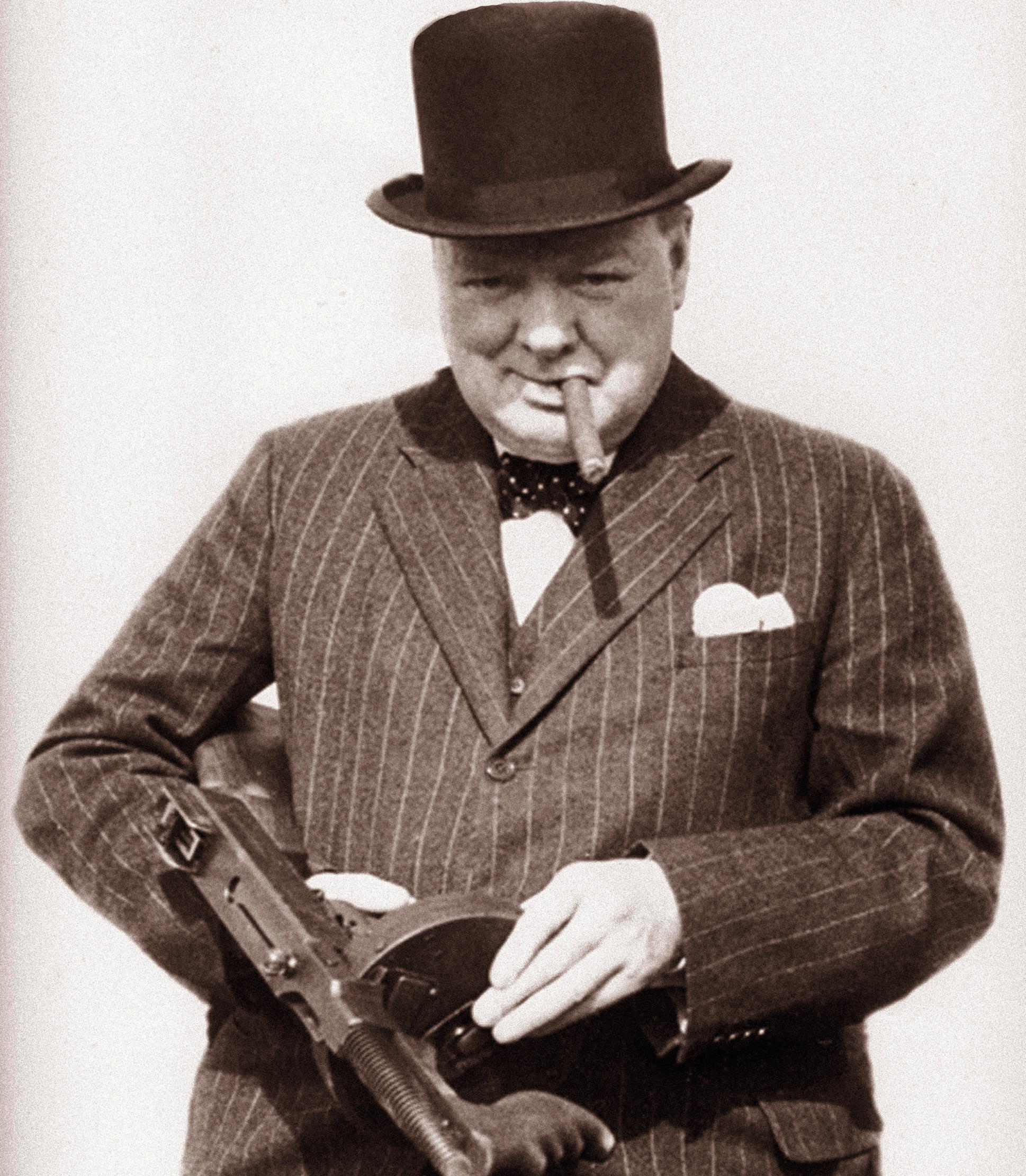
Jump to Winston Churchill timeline
‘For a nation to try to tax itself into prosperity is like a man standing in a bucket and trying to lift himself up by the handle’
In an address at the inaugural meeting of the Free Trade League, 1904
‘It goes without saying that a gentleman does not have a ham sandwich without mustard’
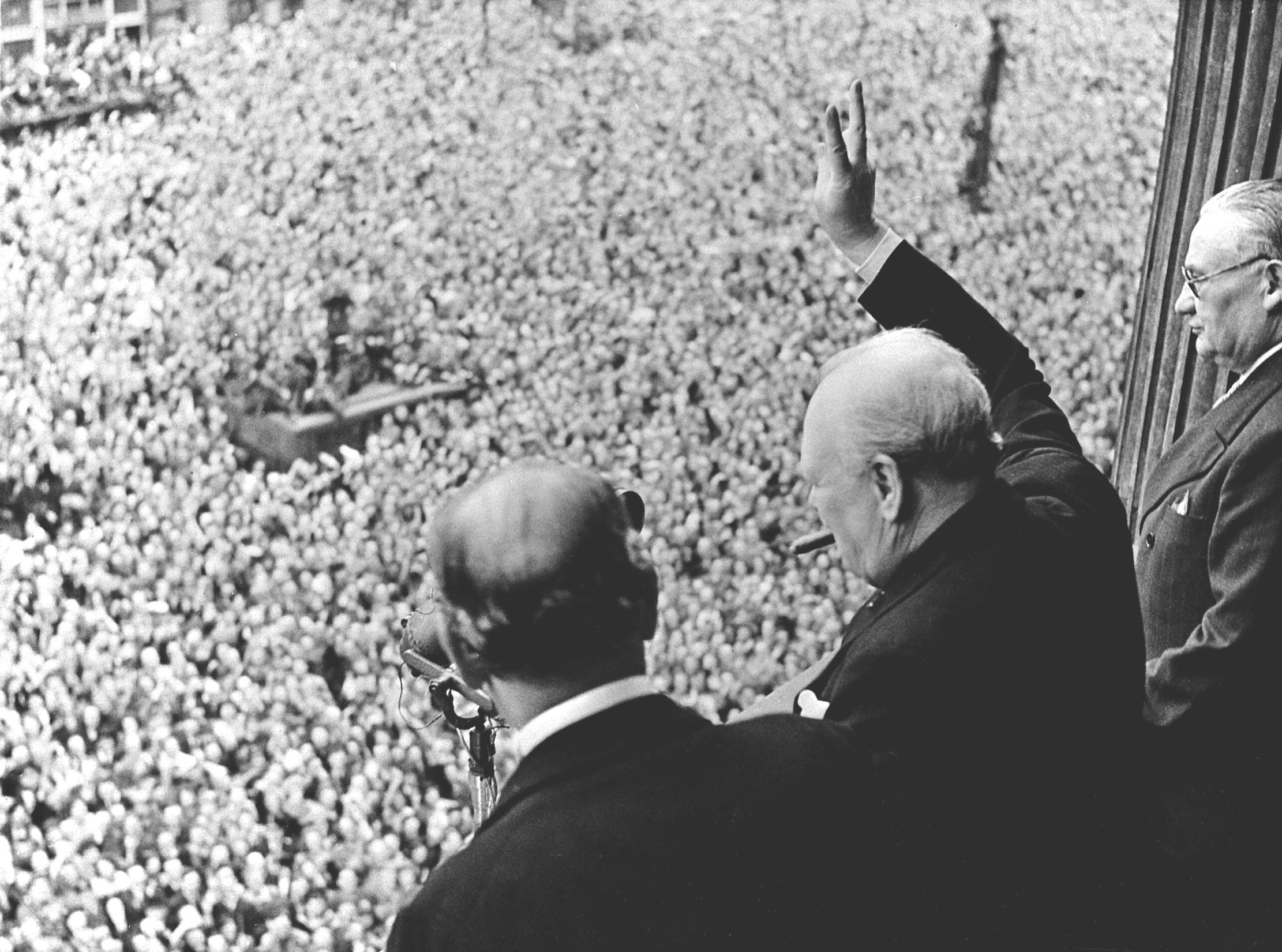
‘My dear, you are ugly and, what's more, you are disgustingly ugly. But tomorrow I shall be sober and you will still be disgustingly ugly’
To Bessie Braddock MP, 1946, after she told him, 'Winston, you are drunk'.
‘We are all worms. But I do believe that I am a glow-worm’
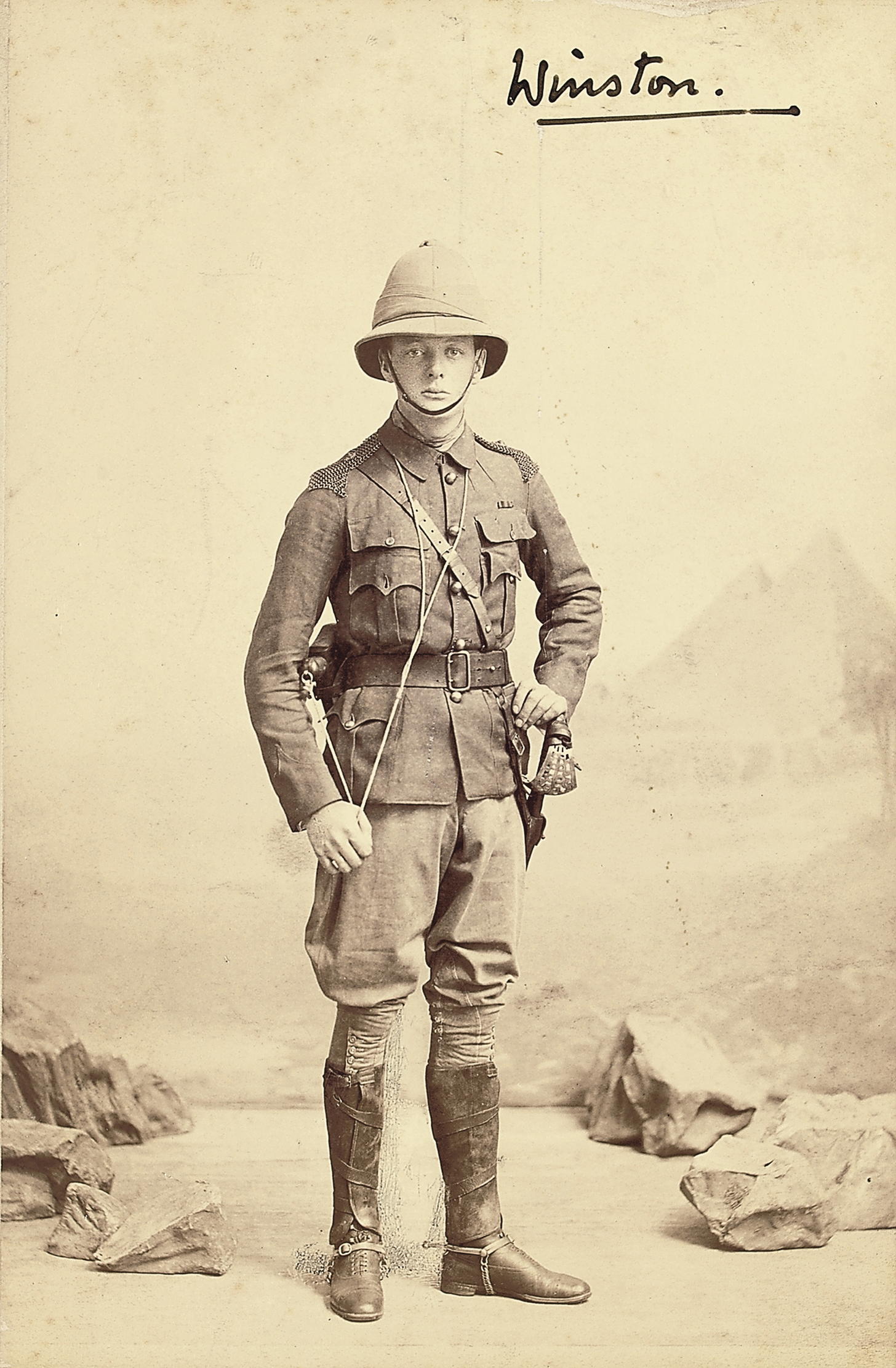
‘You have enemies? Good. That means you've stood up for something, sometime in your life’
‘I am a man of simple tastes, easily satisfied with the best’
‘Sometimes, when Fortune scowls most spitefully, she is preparing her most dazzling gifts’
‘Continuous effort – not strength or intelligence – is the key to unlocking our potential’
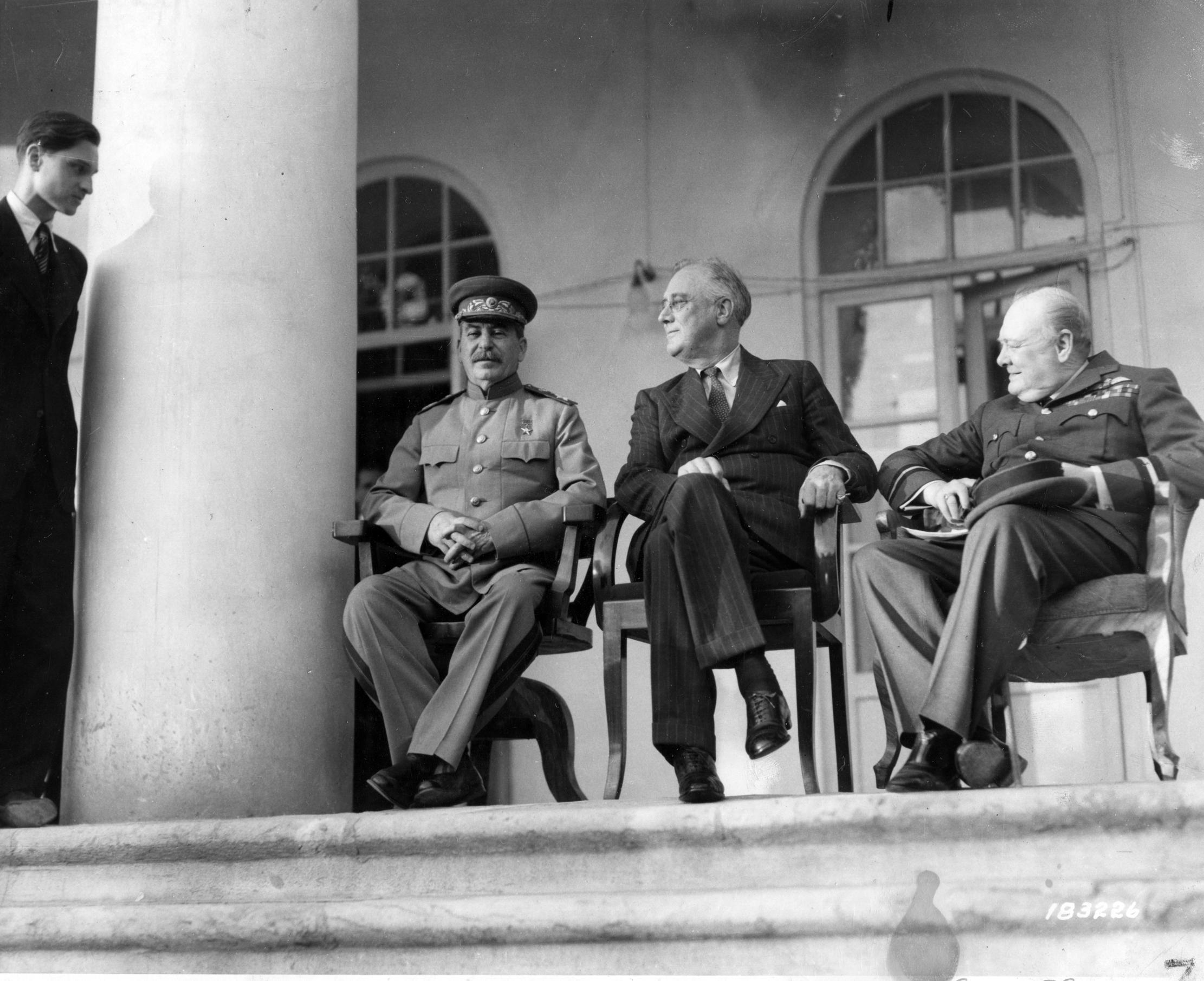
‘We are masters of the unsaid words, but slaves of those we let slip out’
‘When I get to Heaven, I mean to spend a considerable portion of my first million years in painting, and so get to the bottom of the subject’
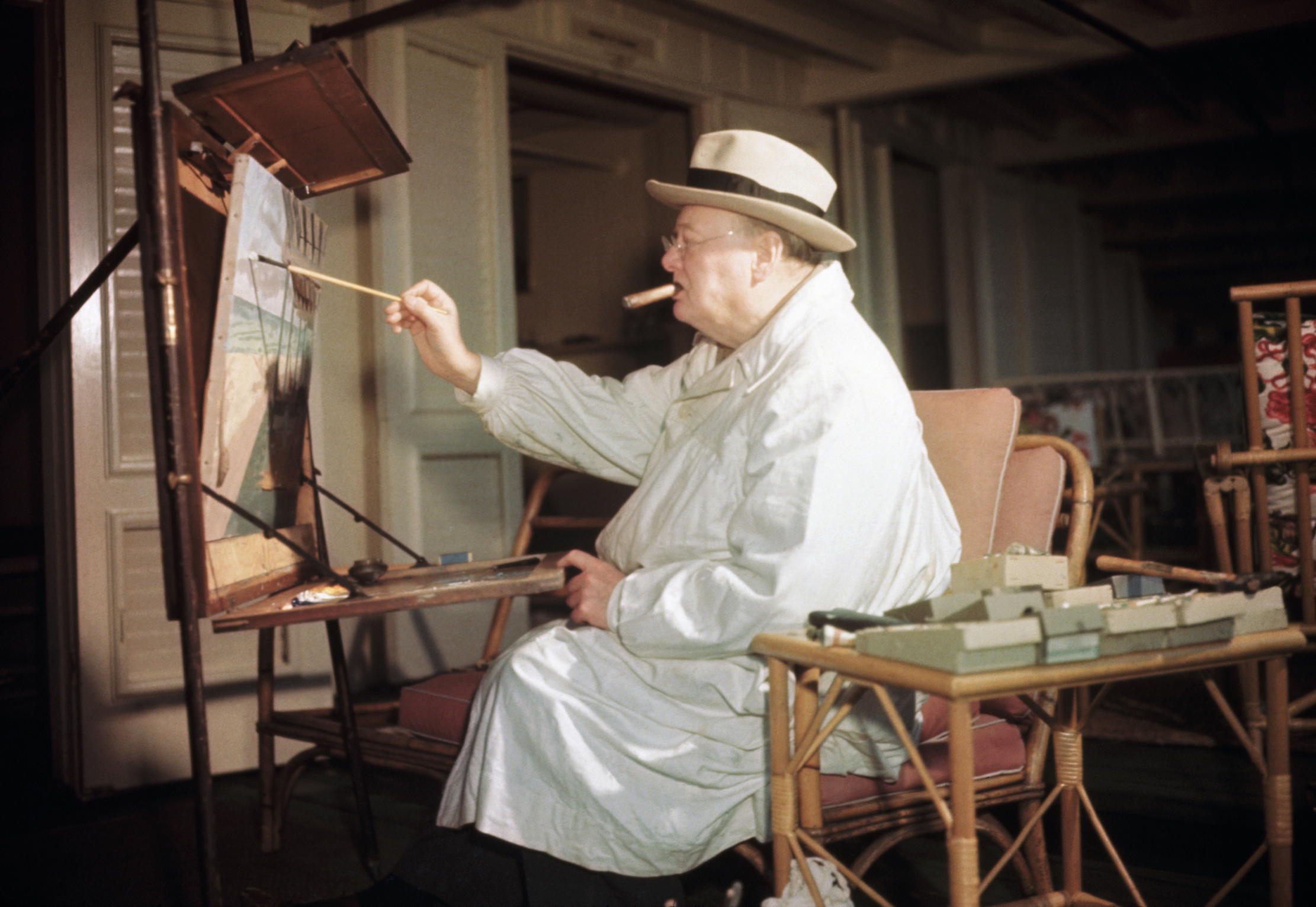
‘We are still masters of our fate. We still are captain of our souls’
To the House of Commons, 1941, adapting the last lines of Invictus by William Ernest Henry
‘It is all chance or destiny and our wayward footsteps are best planted without too much calculation’
In a letter to his wife, Clementine, from the trenches at Flanders, 1915
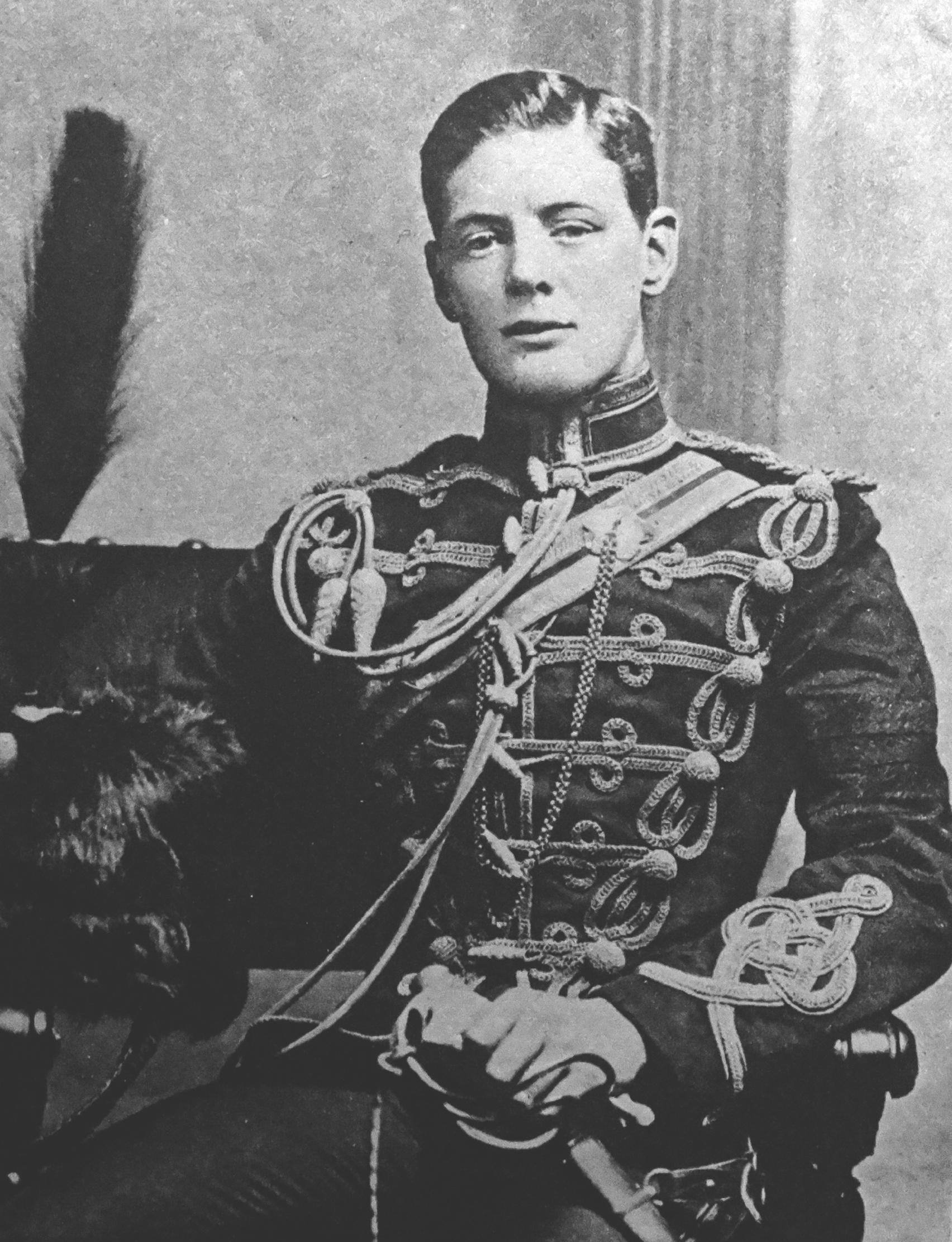
‘To discuss good food and, after good food has been discussed, to discuss a good topic–with myself the chief conversationalist’
On his version of a great dinner party
‘This is the lesson: never give in, never give in… in nothing, great or small, large or petty — never give in except to convictions of honour and good sense’
At the Harrow annual songfest, 1941
Exquisite houses, the beauty of Nature, and how to get the most from your life, straight to your inbox.
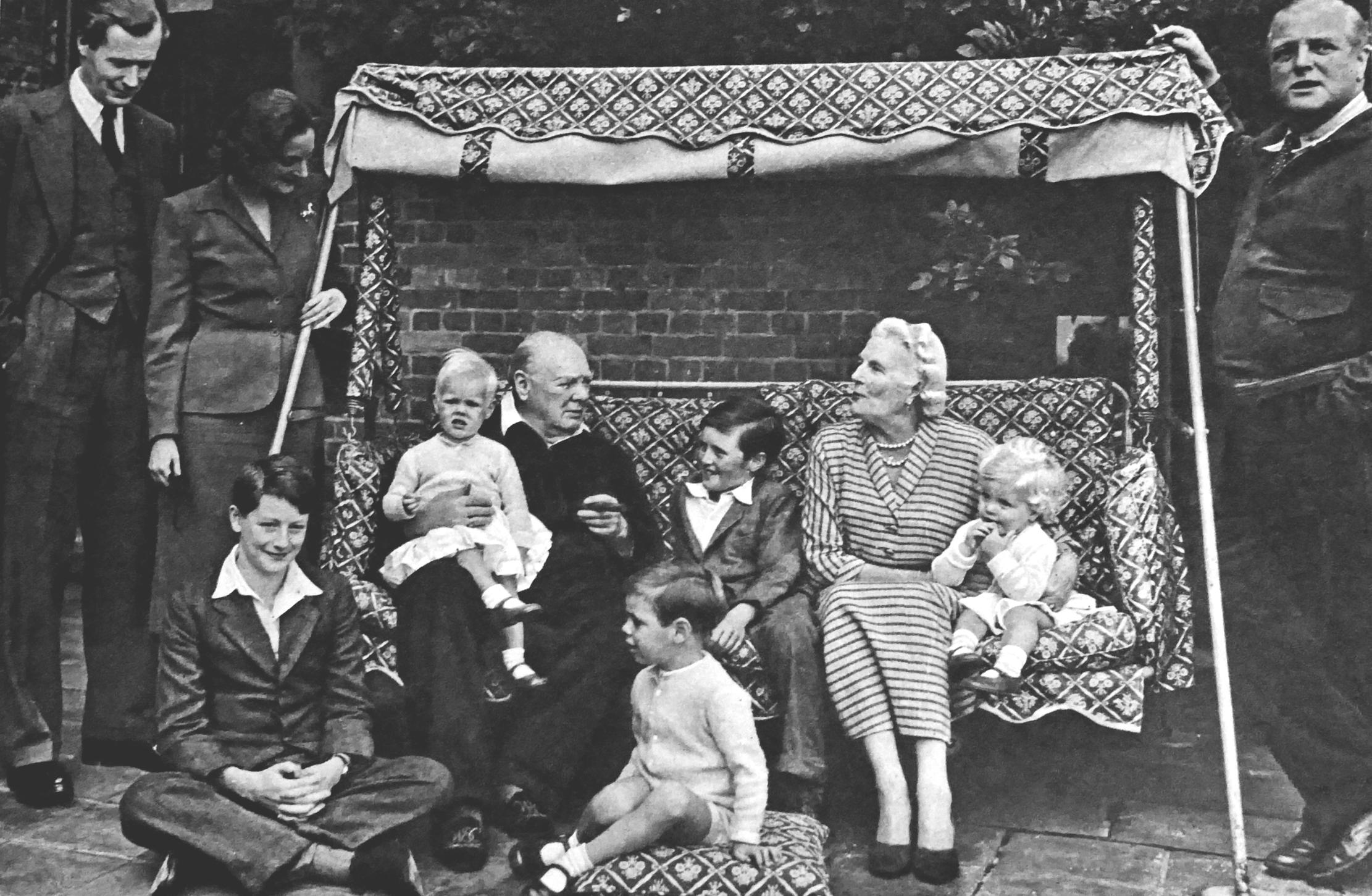
‘One step more, one effort more and all the prizes you have fought for from dawn to dusk may be gained’
At the Manchester Free Trade Hall, 1910
‘Unteachable from infancy to tomb — there is the first and main characteristic of mankind’
In a letter to Lord Beaverbrook, 1928
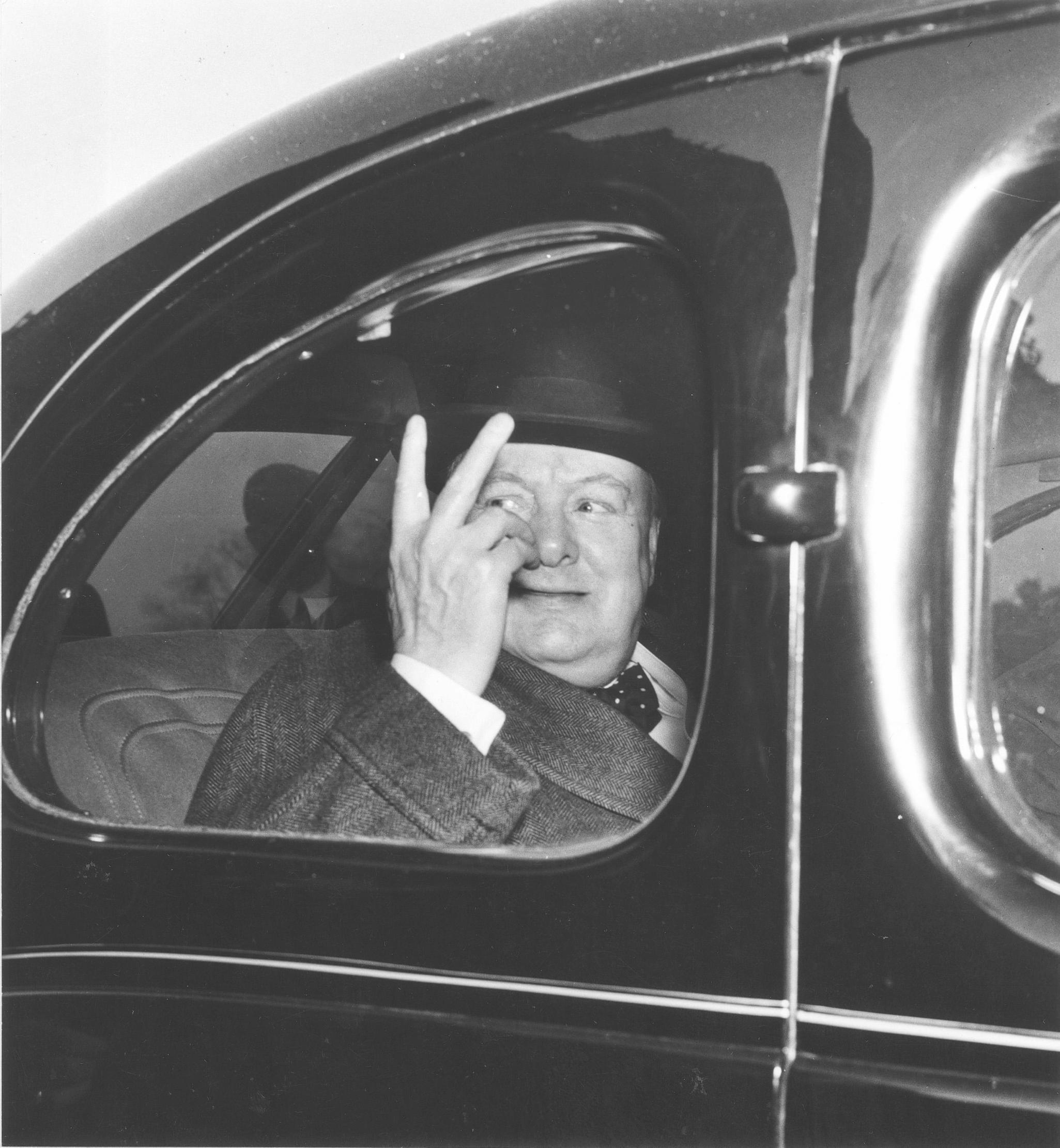
‘I hope that the raw material is as good as the method of distribution’
On his face being broadcast on American television, 1952
‘My ability to be able to persuade my wife to marry me’
On his most prized victory
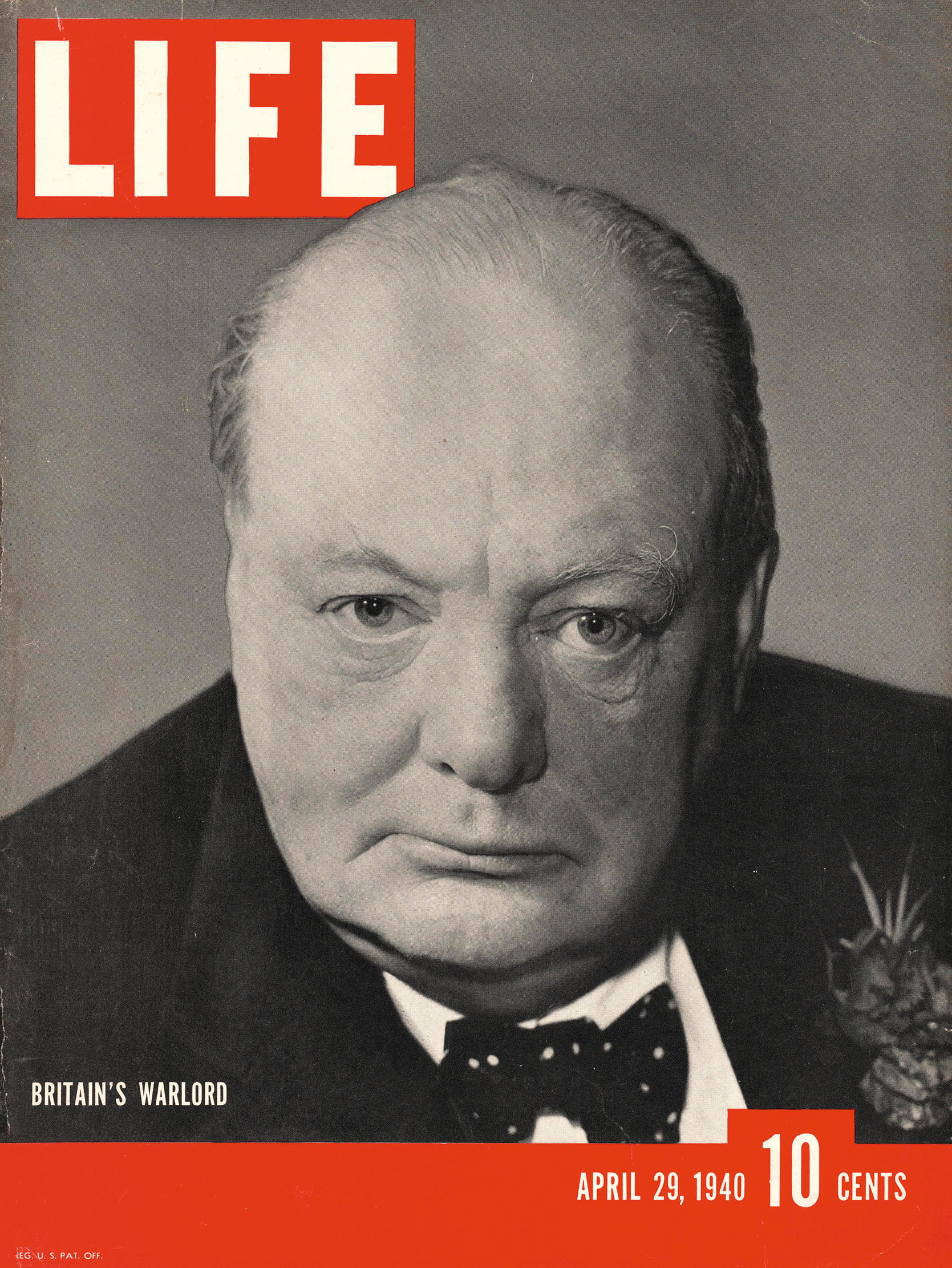
‘I'm so bored with it all’
His final words to his son-in-law, Christopher Soames
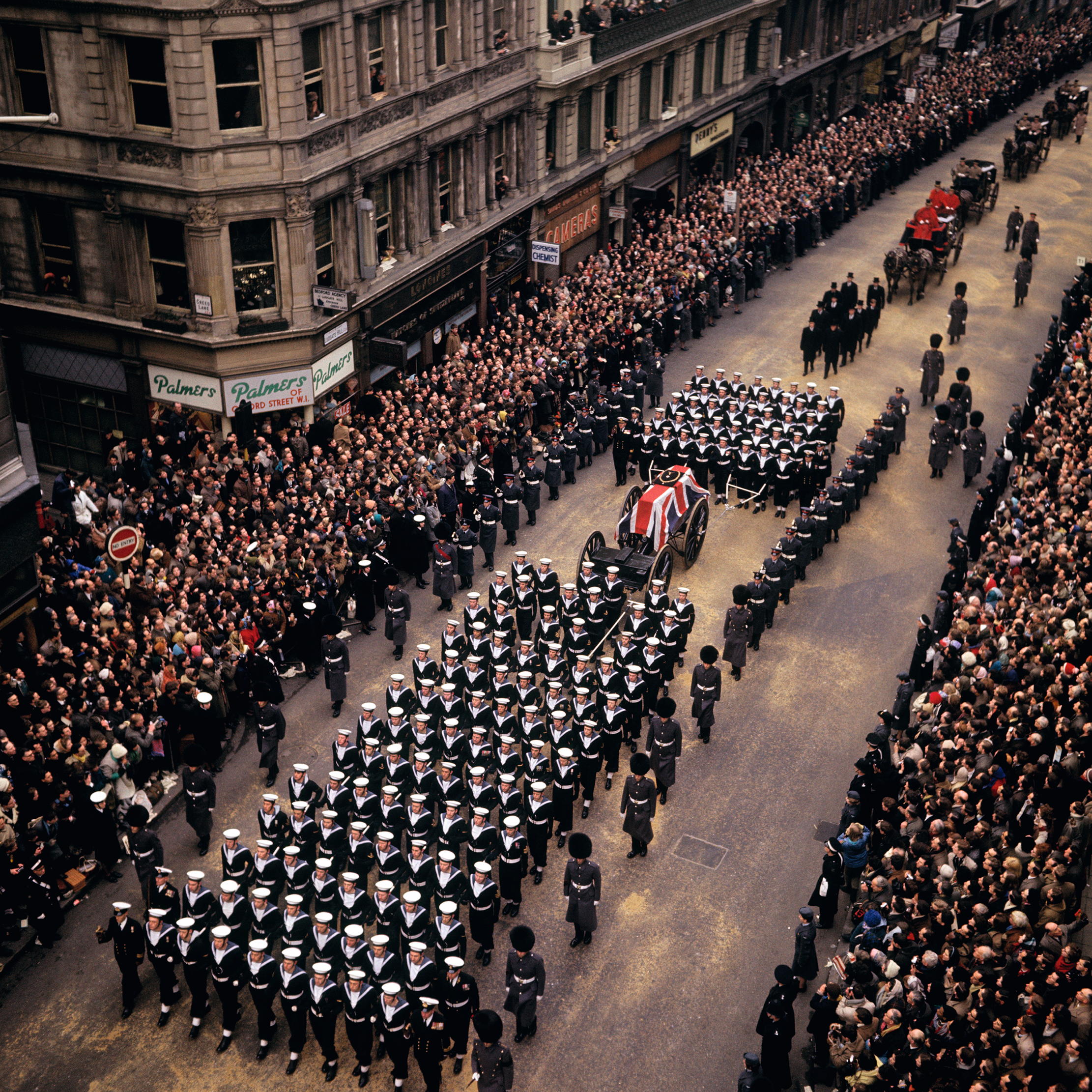
Life and times of Winston Churchill
November 30, 1874 Winston Leonard Spencer Churchill is born, the eldest son of Lord Randolph Churchill, third son of the Duke of Marlborough, and the American Jennie Jerome.
1888 Enrols at Harrow School and joins the Harrow Rifle Corps. Aged 17, he tells his friend Murland Evans: ‘I tell you I shall be in command of the defences of London… In the high position I shall occupy, it will fall to me to save the Capital and save the Empire’.
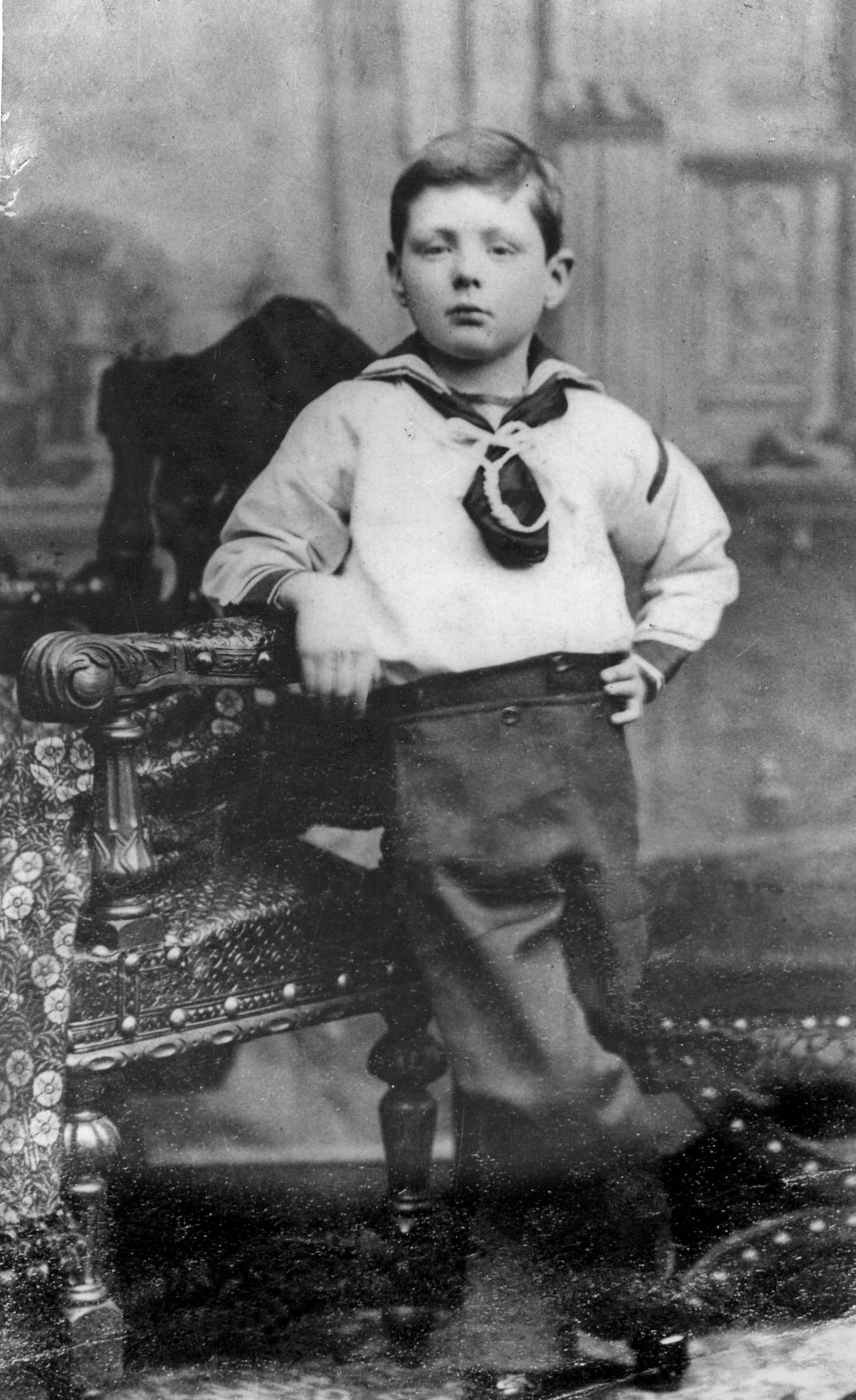
1893 Falls 29ft from a bridge when attempting to jump onto a tree playing hare and hounds, rupturing a kidney, and is unconscious for three days.
1894 Passes out of Sandhurst, 20th out of a class of 130.
1895 His father dies in January. Is commissioned into the 4th Queen’s Own Hussars in February. In November, travels to Cuba, where an insurrection is in place; on his birthday, ‘for the first time I saw shots fired in anger and heard bullets strike flesh or whistle through the air’. He receives the Spanish Cross of the Order of Military Merit and develops his taste for Cuban cigars.
1898 Publishes his first book, The Story of the Malakand Field Force: An Episode of Frontier War, about his experiences serving on the North-West Frontier in India. Seeking adventure, he is posted to South Africa as a war correspondent, joining a cavalry charge at Omdurman with the 21st Lancers and escaping a Boer prisoner-of-war camp.
1900 Is elected Conservative MP for Oldham.
1904 Crosses the floor to the Liberal Party.
1905 Is named Under-Secretary of State for the Colonies.
1908 Marries Clementine Hozier after they discover a shared passion for politics at a dinner party he had not wished to attend and to which she was invited only after someone else fell ill. Pol Roger is served at the wedding.
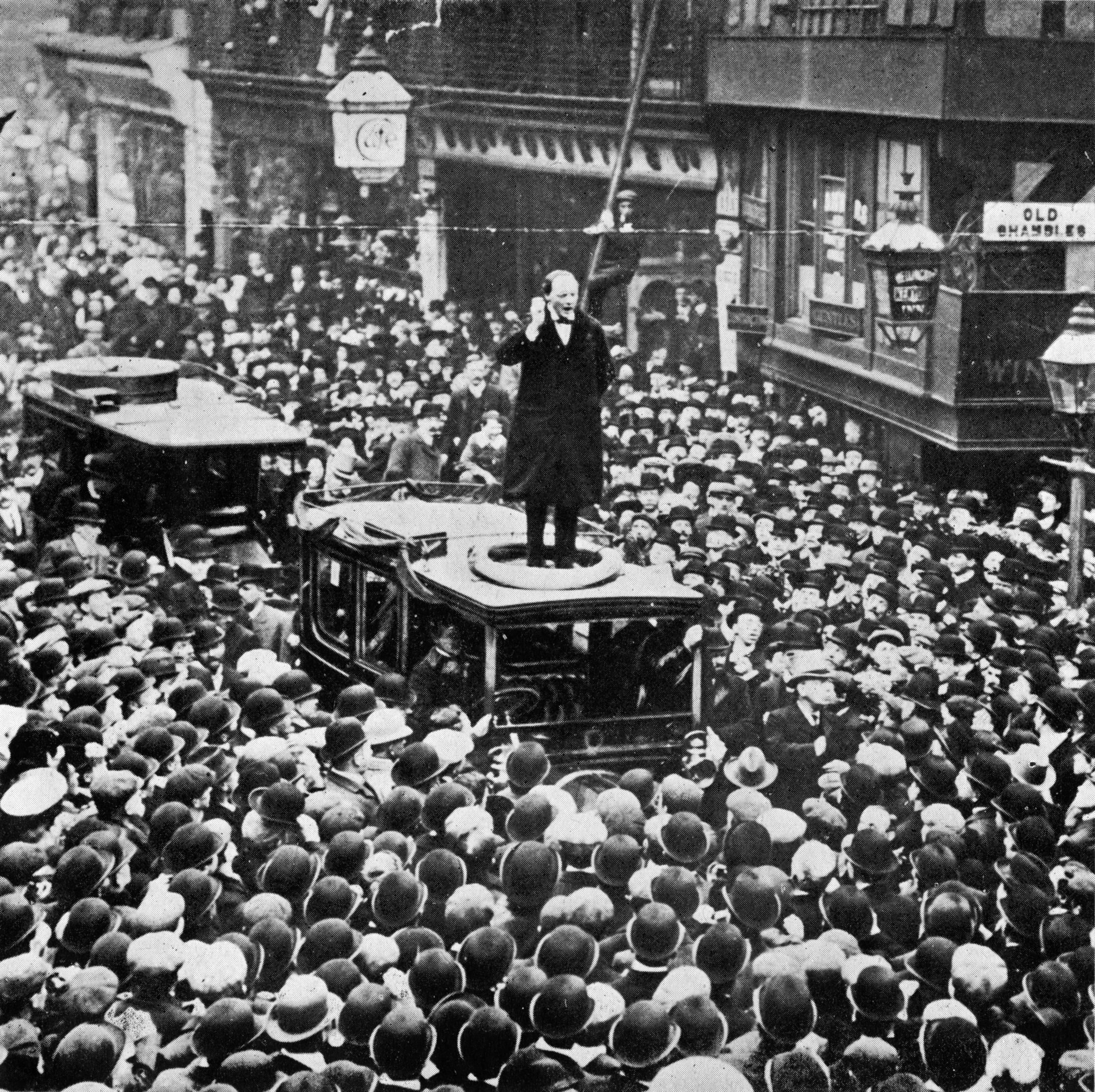
1911 Is appointed First Lord of the Admiralty. Sets out to visit every capital ship and every Royal Navy base in the UK, spending eight of his first 12 months in office aboard the Admiralty yacht Enchantress.
1915 Resigns after the disastrous Gallipoli campaign and takes up painting to combat depression.
1916 Returns to government at David Lloyd George’s invitation and serves as Minister of Munitions.
1922 Buys Chartwell in Kent; later remarks that: ‘A day away from Chartwell is a day wasted’.
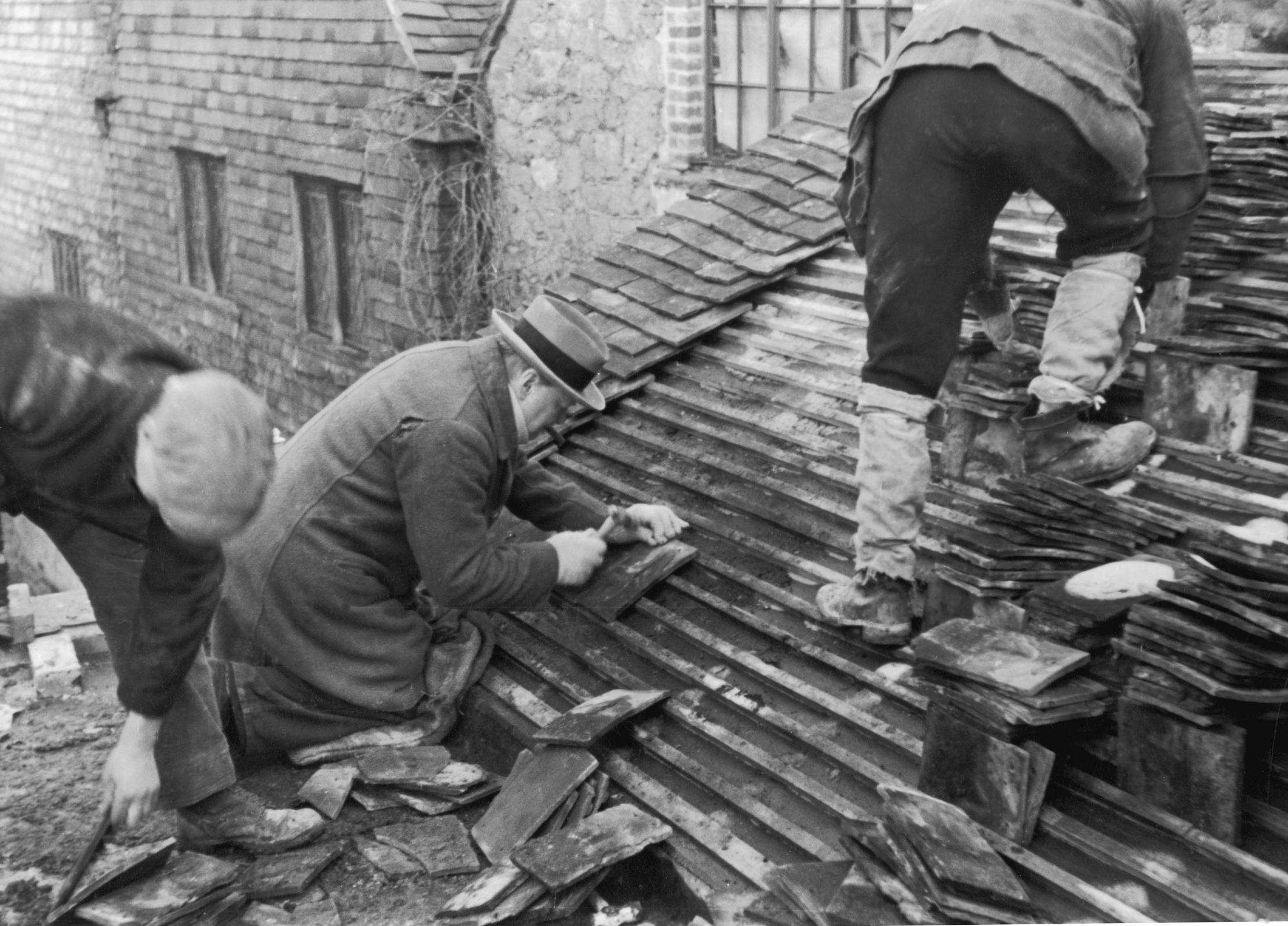
1925 Crosses the floor back to the Conservatives, noting subsequently that ‘anyone can rat, but it takes a certain amount of ingenuity to re-rat’.
1932 Visits Germany and begins campaign to rebuild Britain’s air defences, recognising the Nazi threat, but is dubbed a warmonger.
1939 Is again appointed First Lord of the Admiralty, on the day Britain declares war on Germany.
May 10, 1940 Becomes Prime Minister following resignation of Neville Chamberlain, and also takes on role of Minister of Defence. Convinces the cabinet to fight on, saying: ‘Nations that went down fighting rose again, but those which surrendered tamely were finished’.
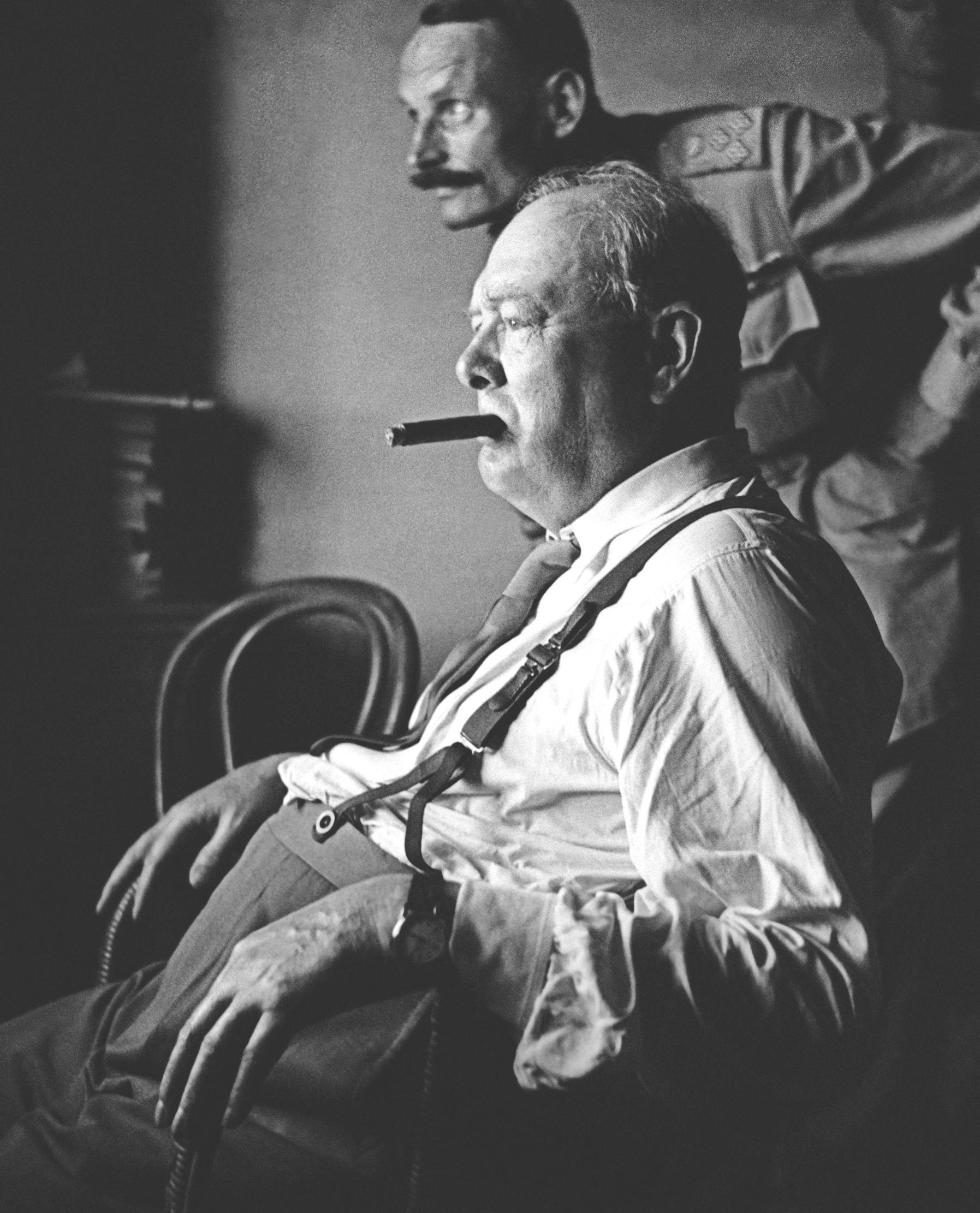
1945 Meets Odette Pol-Roger at a celebratory lunch in Paris; he later names one of his racehorses after the Champagne and it wins on Boxing Day 1952 at Kempton Park, earning a note of congratulation from the Queen. Resigns office to make way for Clement Attlee.
1948 Publishes The Gathering Storm, the first of six volumes on the Second World War, finally stabilising his finances (one of his daughters once noted that the family ‘lived from pen to mouth’).
January 24, 1965 Dies. He appears on the Country Life Frontispiece on January 28 and the magazine pays tribute to his life as a countryman, his skill on horseback, his enthusiasm for painting and his love of roses. A state funeral is held on January 30.
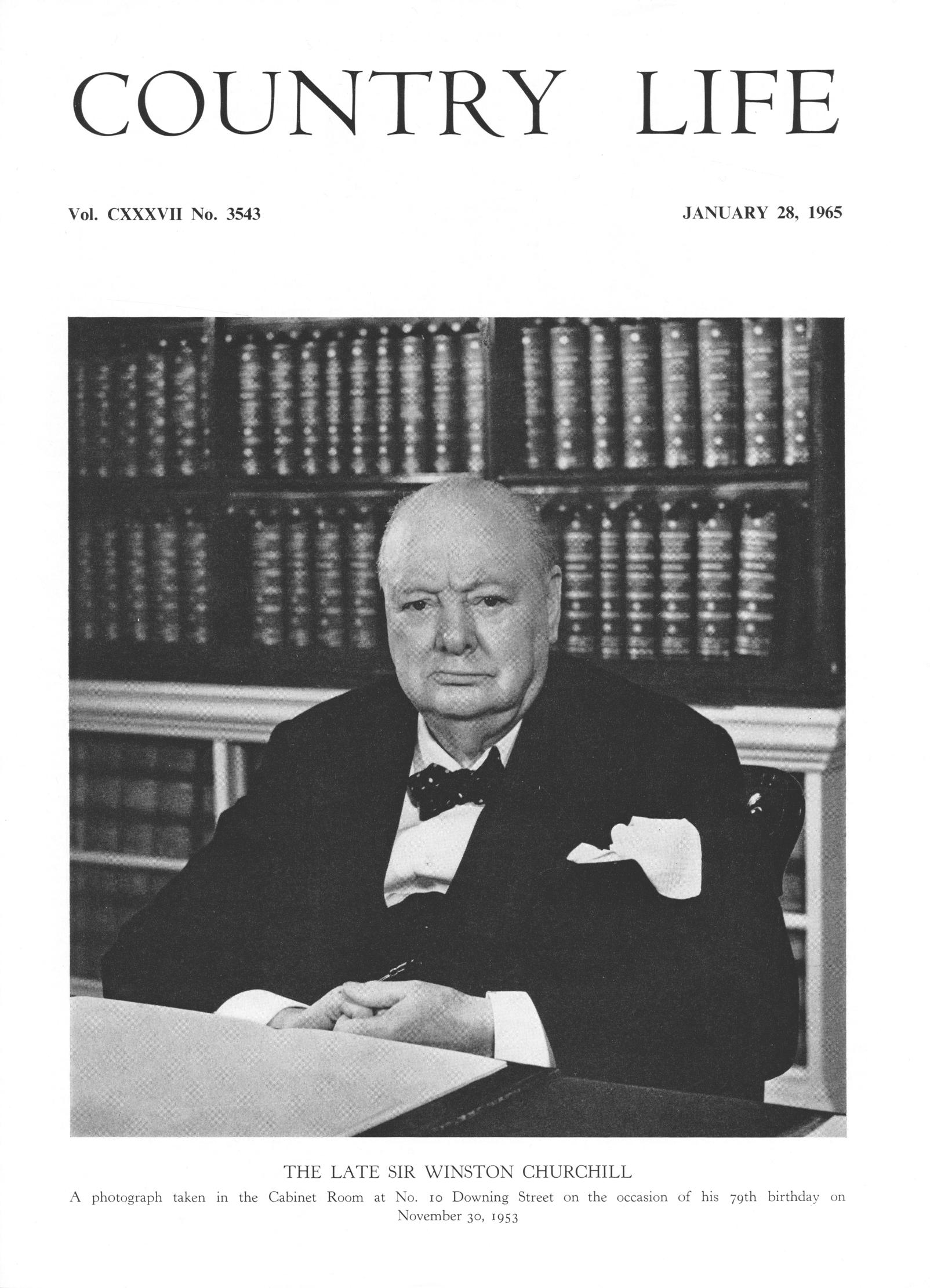
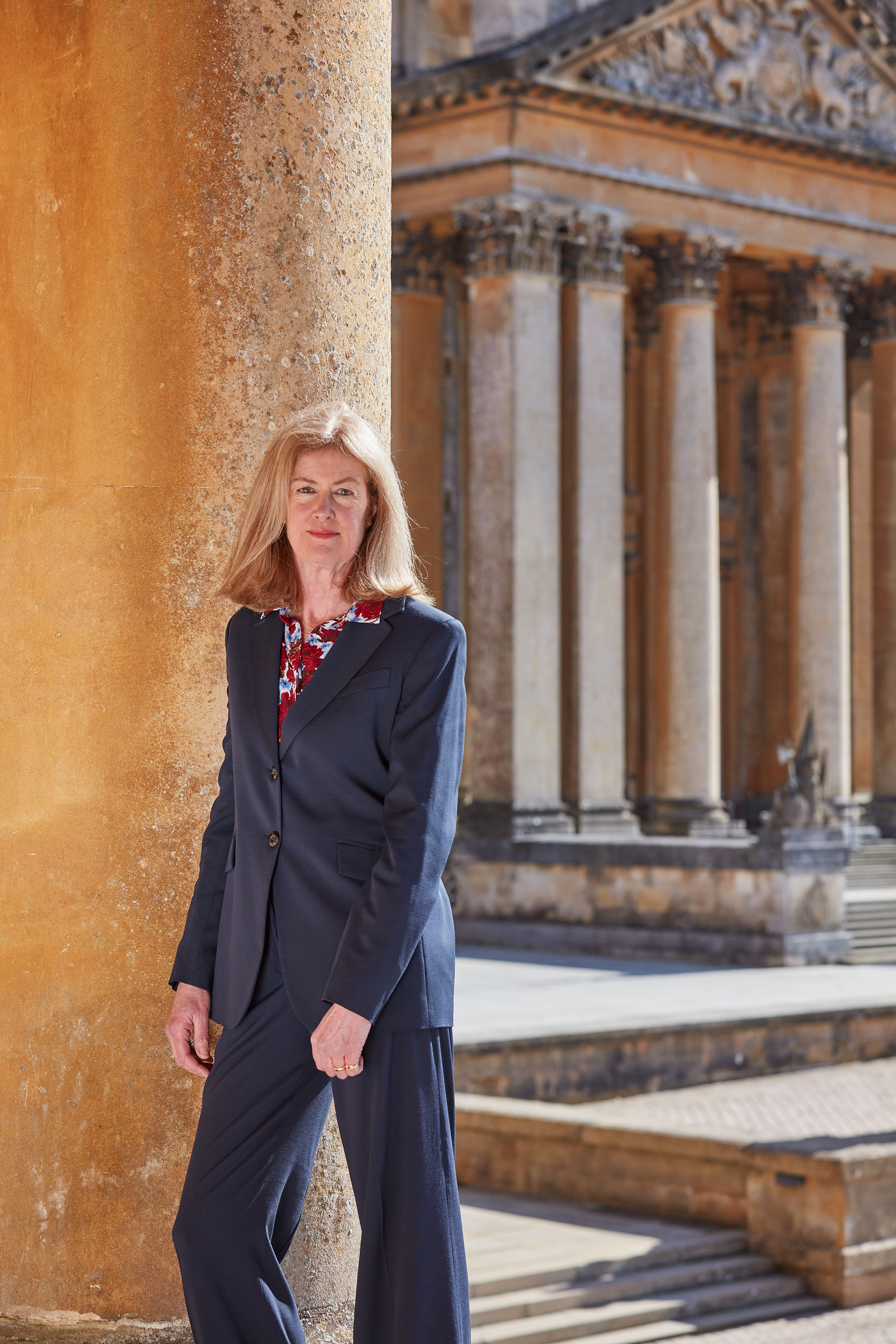
Henrietta Spencer-Churchill: My life at Blenheim Palace, From waterskiing on the lake to dealing with a £10 million bill for a new roof
Lady Henrietta Spencer-Churchill joins the Country Life Podcast.
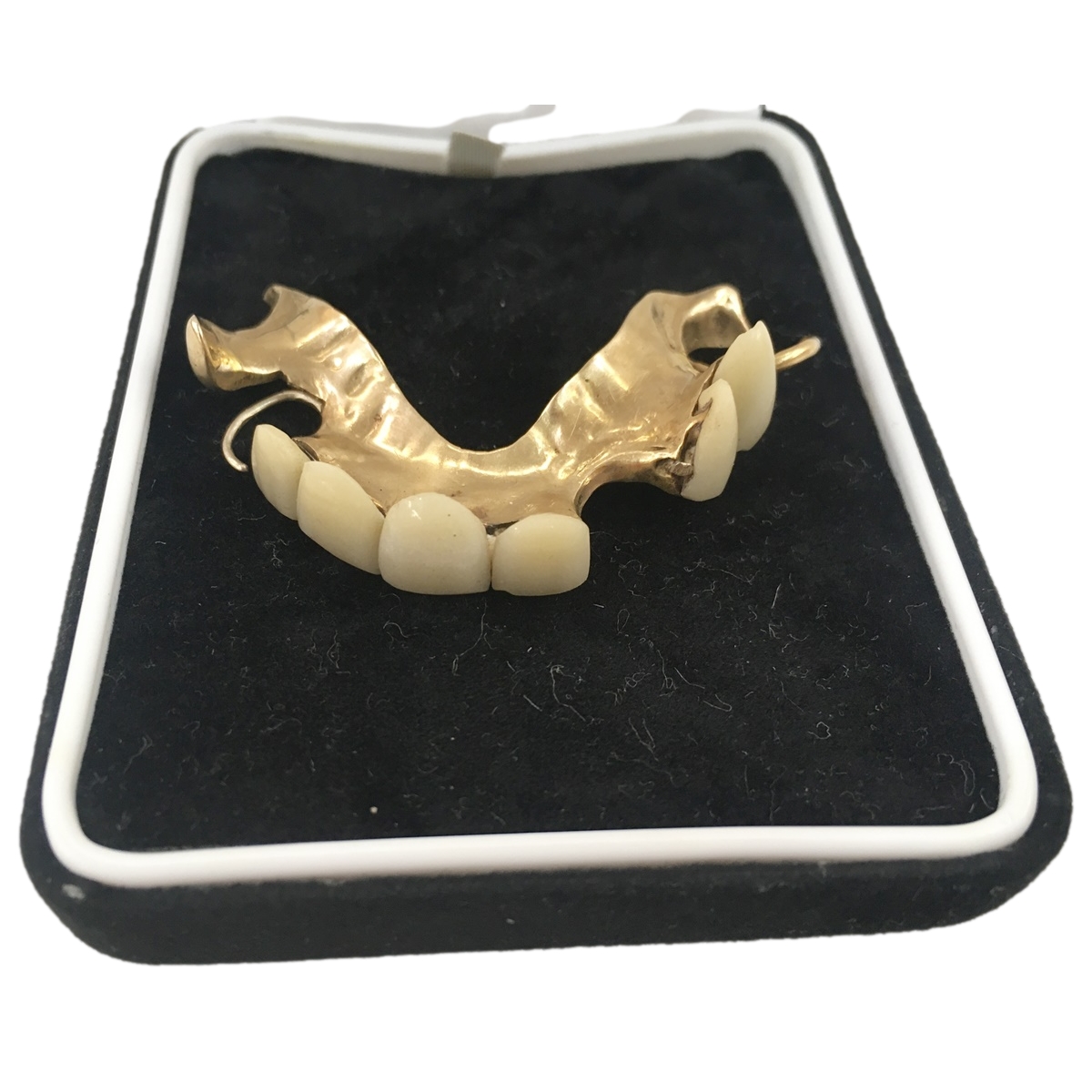
Churchill's dentures, Bruno's boxing glove and Hurst's boot: The strangest auction in the Cotswolds is imminent
The Cotswold Auction Company's February 6 sale features some surprising lots from the Second World War, the world of sport
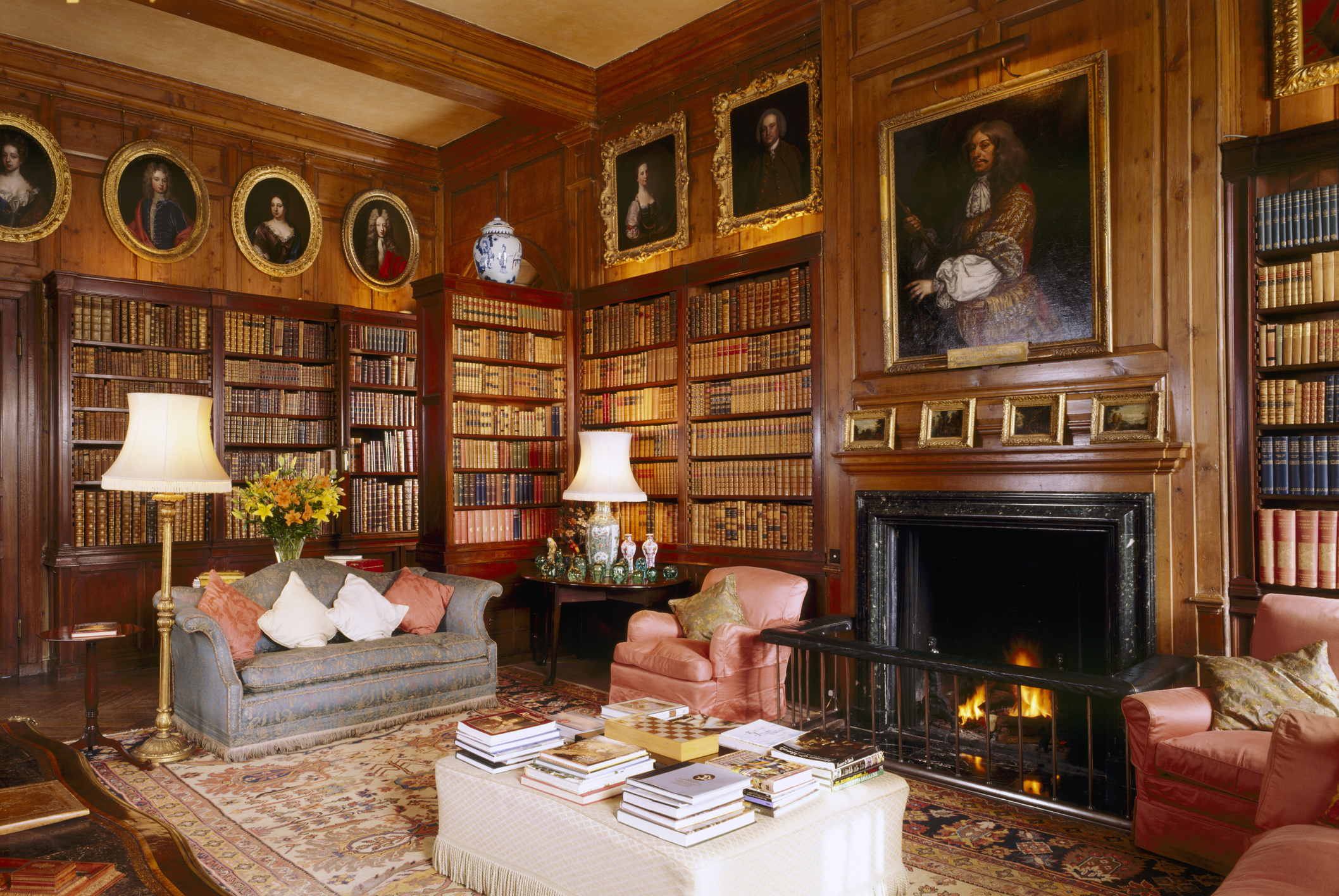
The 10 best interior design quotes of all time, by everyone from Winston Churchill to Nina Campbell
Country Life's executive editor and long-standing interiors guru Giles Kime shares 10 of the most helpful interior design quotes of
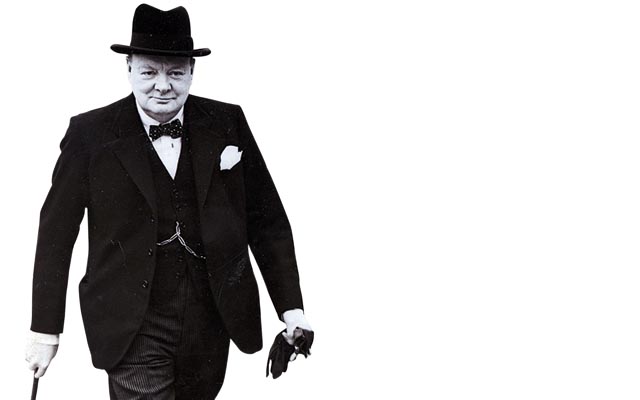
The day the world mourned Sir Winston Churchill
Clive Aslet recounts a day everything was done properly.
Amie Elizabeth White is Country Life's Acting Luxury Editor. She studied history at the University of Edinburgh and previously worked in fashion styling. She regularly writes for Country Life's London Life supplement and has written for Luxury London, covering everything from Chanel suits and skincare, to the best pies in the city. She has a big heart, but would sell her soul for a good pair of shoes.
